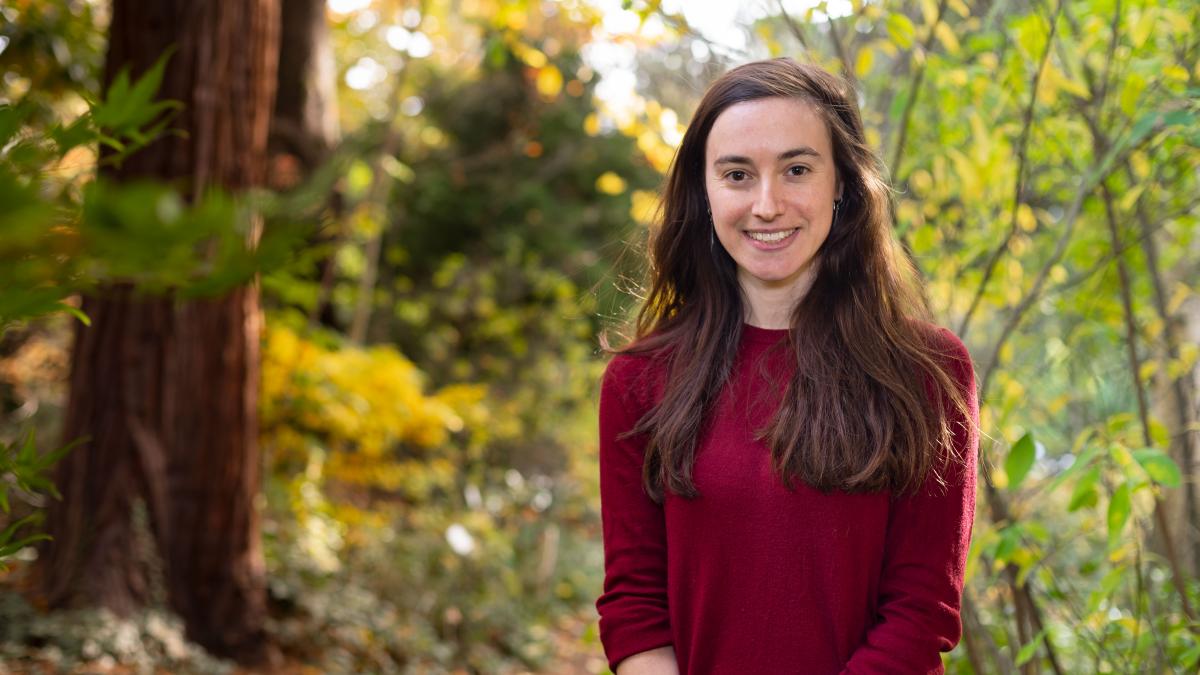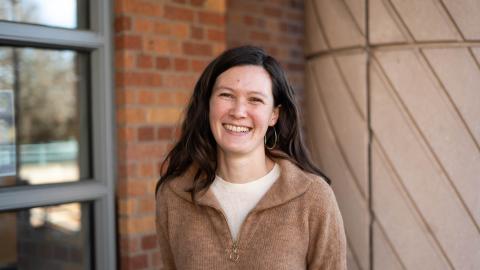Rachel Shaffer doesn't flinch from controversy.
As a doctoral student in the UW Department of Environmental & Occupational Health Sciences, Shaffer is wading into some of the most heated environmental health issues of our time.
Her PhD work in environmental toxicology investigates the connections between air pollution and dementia. That's just the beginning.
Her other research projects have uncovered evidence linking the most world's widely used herbicide to certain cancers and exposed flaws in federal regulations on potentially harmful food additives and packaging meant to protect child health. She has pushed for better policies to prevent occupational lead poisoning and helped teach other UW students how to predict the impact of such exposure on people’s health.
“I want to help translate information to the public and to policymakers so that the results of environmental health research can actually be used to improve health outcomes,” Shaffer said.
Shaffer's story is featured in the new UW Public Health magazine published this week, an example of the doctoral student "heroes" whose work forms the backbone of UW research, teaching and community service.
Read more about Shaffer's work and a UW initiative to attract and retain students like her




